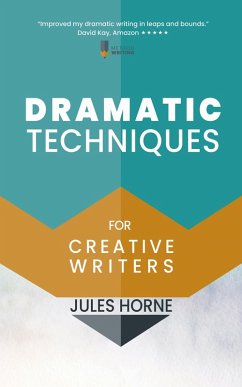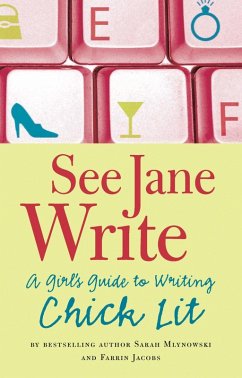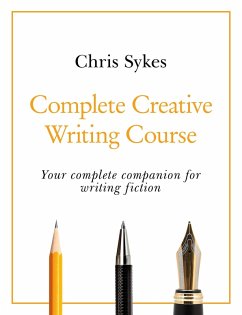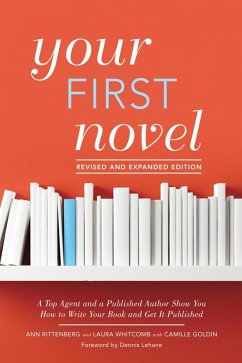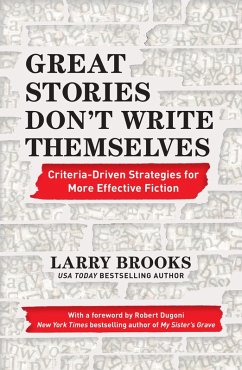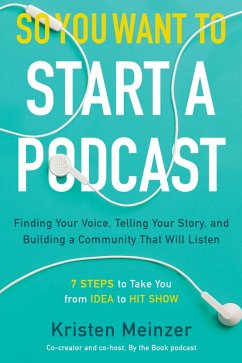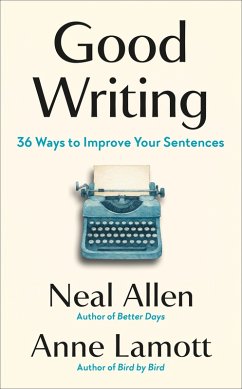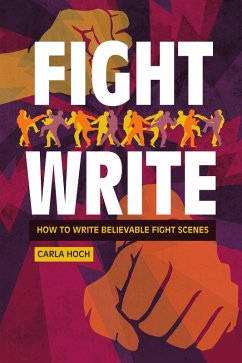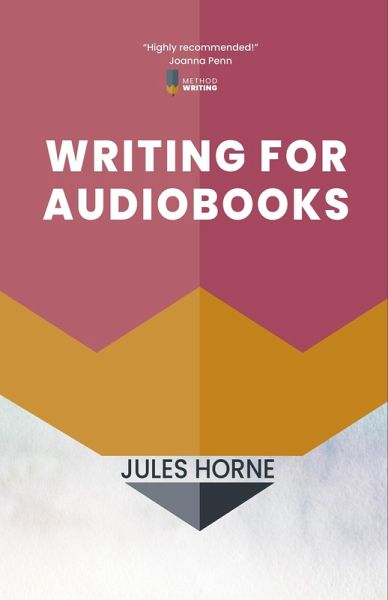
Writing for Audiobooks (Method Writing, #3) (eBook, ePUB)

PAYBACK Punkte
0 °P sammeln!
Turn your book into an unforgettable listening experience.Audiobooks are booming-but writing for the ear is different. If you're preparing your book for narration, this voice-first guide shows you how to shape your words for clarity, rhythm, and flow.Whether you're narrating yourself or working with a voice pro, you'll learn how to:Make your writing sparkle aloudAvoid listener drop-offShape scenes for maximum impactHandle tricky visuals like lists and graphsPolish your manuscript before recordingPacked with studio-tested tips from the world of radio, this practical guide will help you write wi...
Turn your book into an unforgettable listening experience.
Audiobooks are booming-but writing for the ear is different. If you're preparing your book for narration, this voice-first guide shows you how to shape your words for clarity, rhythm, and flow.
Whether you're narrating yourself or working with a voice pro, you'll learn how to:
Packed with studio-tested tips from the world of radio, this practical guide will help you write with performance in mind-and bring your words to life.
About the author:
Jules Horne is a playwright, radio writer, and former BBC presenter who's helped hundreds of writers craft scripts for voice and performance. She's taught at the Open University, BBC World Service, and Glasgow University.
What readers say:
"Audiobooks are the fastest-growing segment in publishing, but writing for audio is a skill that few writers have needed to learn-until now. Jules's book is packed with practical tips for crafting words that resonate with listeners. Highly recommended!"
Joanna Penn, The Creative Penn
Audiobooks are booming-but writing for the ear is different. If you're preparing your book for narration, this voice-first guide shows you how to shape your words for clarity, rhythm, and flow.
Whether you're narrating yourself or working with a voice pro, you'll learn how to:
- Make your writing sparkle aloud
- Avoid listener drop-off
- Shape scenes for maximum impact
- Handle tricky visuals like lists and graphs
- Polish your manuscript before recording
Packed with studio-tested tips from the world of radio, this practical guide will help you write with performance in mind-and bring your words to life.
About the author:
Jules Horne is a playwright, radio writer, and former BBC presenter who's helped hundreds of writers craft scripts for voice and performance. She's taught at the Open University, BBC World Service, and Glasgow University.
What readers say:
"Audiobooks are the fastest-growing segment in publishing, but writing for audio is a skill that few writers have needed to learn-until now. Jules's book is packed with practical tips for crafting words that resonate with listeners. Highly recommended!"
Joanna Penn, The Creative Penn
Dieser Download kann aus rechtlichen Gründen nur mit Rechnungsadresse in A, B, CY, CZ, D, DK, EW, E, FIN, F, GR, H, IRL, I, LT, L, LR, M, NL, PL, P, R, S, SLO, SK ausgeliefert werden.





